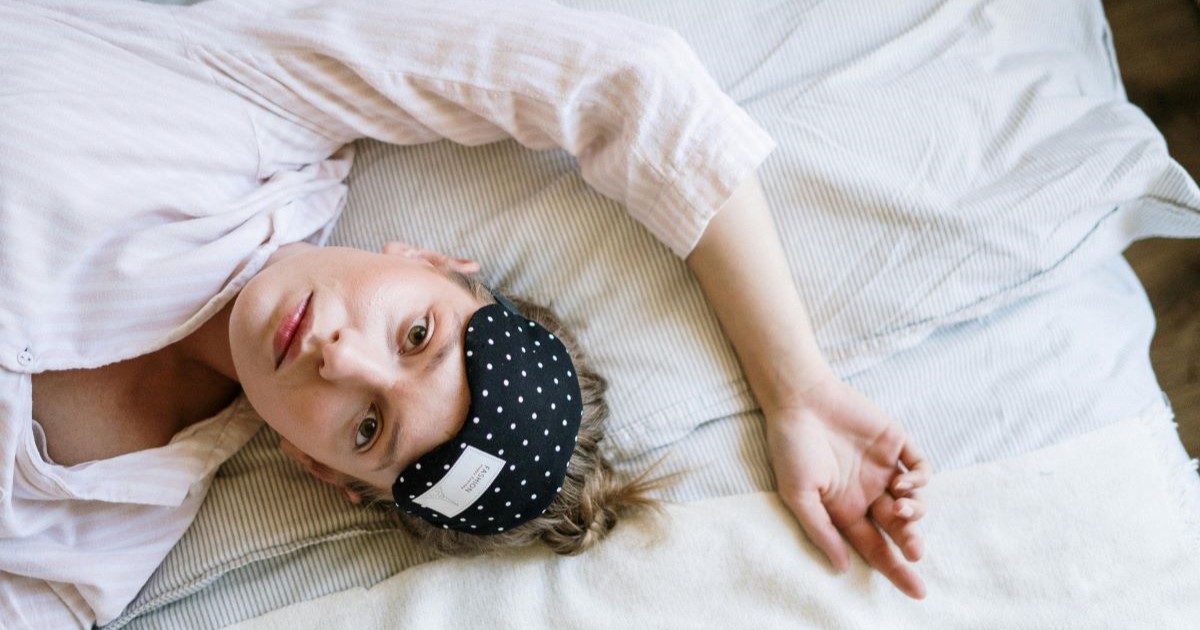
Pexels
Whether it’s just been one or two night when you’re stressed, or an ongoing problem, anyone who has struggled to sleep will know exactly how distressing it is.
And the problem is, unfortunately, quite common with one third of adults in the US suffering from insomnia symptoms from time to time, according to Healthline. For 10% of Americans, this is so severe that it is classed as chronic insomnia.
There are many reasons for insomnia – including those related to mental health, the conditions of your bedroom, and your schedule – just as there are lots of suggestions for how you can improve your sleep too.
However, for many it seems (in the depths of another sleepless night, at least) futile.
Luckily, a new study from the University of Chicago Medicine and Columbia University have found a staggering pattern between diet and insomnia, with results that surprised even the researchers themselves.

Pexels
In their study, the researchers probed the diets of people for whom sleep was a struggle, following previous research that suggested insomniacs are more likely to reach for sugary treats and junk food as their condition worsened.
By monitoring the dietary choices and sleep patterns of a sample of healthy young adults, the researchers were able to draw patterns between what they ate and how they slept, with particular focus on the sleep fragmentation index to determine how much light and deep sleep the test subjects got.
And their conclusions – published in the journal Sleep Health – were startling.
Those participants with a healthier diet – consuming more fruit, vegetables, and whole grains – slept deeper, with fewer interruptions. And the change was instant, with the food consumed on any particular day having a direct impact on that night’s sleep.

Pexels
In fact, the researchers concluded that by eating five portions of fruit and vegetables per day, people will sleep 16% better than those who don’t consume fruit or veg on any given day. This might not sound like much, but in sleep terms 16% is huge, as the University of Chicago Sleep Center’s Esra Tasali MD explained in a statement:
“16 percent is a highly significant difference. It’s remarkable that such a meaningful change could be observed within less than 24 hours.”
This new comparison between diet and sleep is groundbreaking in the world of sleep science, with evidence that healthy eating equals healthy sleep potentially life-changing for insomnia sufferers, as Tasali continued:
“Dietary modifications could be a new, natural and cost-effective approach to achieve better sleep. The temporal associations and objectively-measured outcomes in this study represent crucial steps toward filling a gap in important public health knowledge.”
The real bonus? Eat your fruit and veg and not only will you sleep better, your overall health will improve too.
If you thought that was interesting, you might like to read about why we should be worried about the leak in the bottom of the ocean.
Categories: SCI/TECH
Tags: · bedtime routine, can’t sleep, dietary choices, dietary health, fruit, healthy eating, insomnia, science, single topic, sleep, sleep hygiene, sleep science, sleepless nights, top, vegetables

